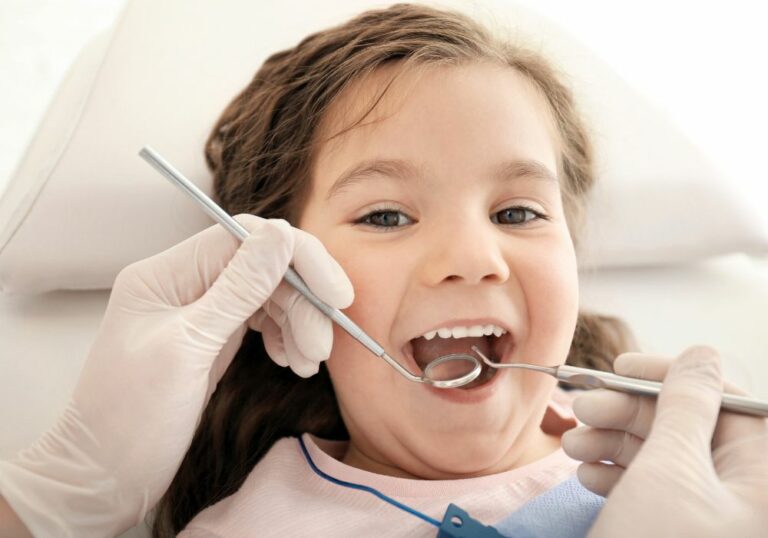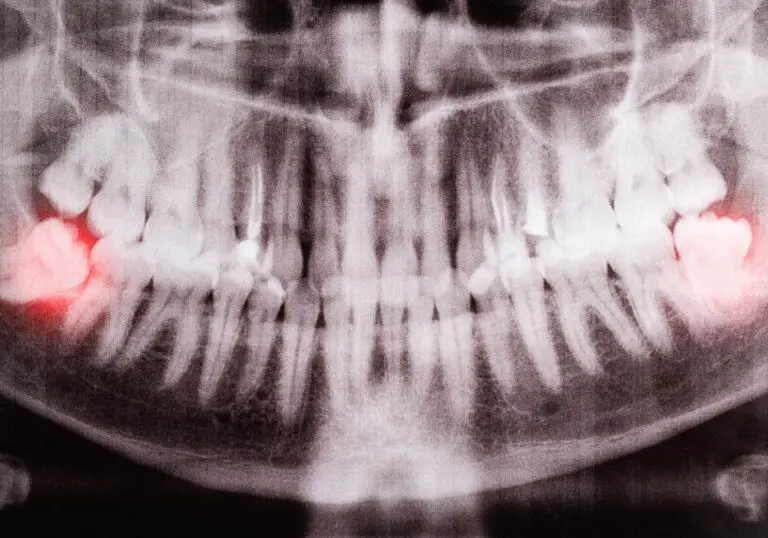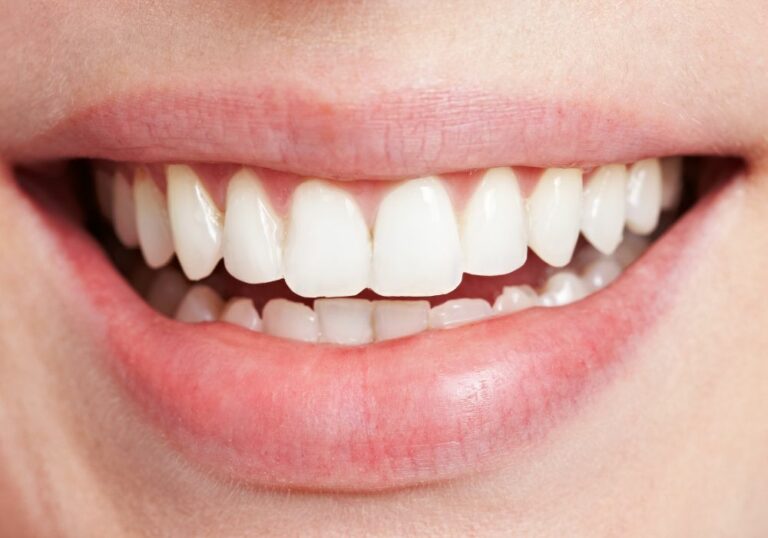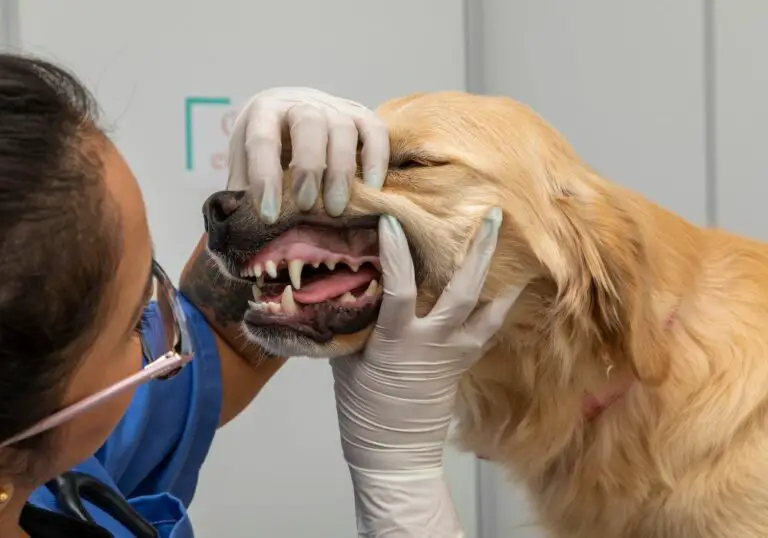Pregnancy is an exciting time, but it also comes with many changes in a woman’s body. One of the most common complaints during pregnancy is increased sensitivity, pain or swelling in the teeth and gums. If your mouth has felt tender or painful lately, you’re not alone. Here’s a comprehensive look at why dental problems arise during pregnancy and how to ease the discomfort.
How Pregnancy Affects Oral Health

A woman’s body undergoes dramatic physical changes during the 40 weeks of pregnancy to support the developing fetus. Shifts in hormones and increased blood circulation are the main factors that affect teeth and gums:
Hormonal Fluctuations
Pregnancy leads to rapidly increasing levels of estrogen and progesterone. These hormones elevate your immune response and stimulate blood flow, causing gum tissue inflammation, swelling and tenderness.
Estrogen increases sensitivity to the bacteria that cause plaque and tooth decay. Progesterone also causes gums to be more susceptible to irritation, trauma and infection.
Increased Blood Volume
Blood volume expands by 30-50% during pregnancy to supply oxygen and nutrients to the fetus. This causes gums to become engorged, making them more likely to ooze and bleed during brushing and flossing.
Nutritional Demands
Pregnancy and breastfeeding require increased intake of vitamins, minerals and nutrients. Your body may draw upon calcium stores in your bones and teeth to ensure an adequate supply reaches the developing baby.
Morning Sickness
Frequent vomiting and reflux due to morning sickness or acid indigestion exposes your teeth to stomach acids. This increases the risk of erosion, dental cavities and sensitivity.
Common Dental Problems During Pregnancy
Here are some of the most frequent dental issues pregnant women experience:
Pregnancy Gingivitis
The most prevalent problem is pregnancy gingivitis, with symptoms like:
- Swollen, puffy gums that bleed easily
- Red, tender gums with a shiny or smooth look
- Receding gums that pull away from the teeth
- Painful gums that may limit chewing hard foods
- Halitosis or persistent bad breath
Without treatment, gingivitis can advance to periodontitis, damaging tissues and bone around teeth.
Pyogenic Granulomas
Some women get benign overgrowths on their gums called pyogenic granulomas or pregnancy tumors. These red, raw-looking lumps are usually painless but bleed readily with slight irritation.
They may form between teeth due to excess plaque and irritation. These growths often disappear after delivery. But dentists can remove them earlier if they hinder eating and oral hygiene.
Tooth Decay and Erosion
Frequent snacking, acid reflux, and vomiting escalate decay by allowing mouth bacteria prolonged contact with teeth. Stomach acids also directly dissolve and damage the enamel surface.
Loose Teeth and Bone Loss
Hormones making gums more elastic can enable teeth to loosen and shift positions. Inflammation and gum loss may also destroy some of the underlying bone that anchors teeth in place.
Xerostomia or Dry Mouth
Some expectant mothers notice less saliva flow, which allows cavity-causing bacteria to thrive.
Oral Thrush
A fungal yeast infection called thrush may overgrow in the mouth due to reduced immunity and higher blood sugar levels during pregnancy. It coats the tongue and inner cheeks with white lesions and causes soreness.
Canker Sores
Many women develop canker sores more frequently when pregnant, possibly due to stress or irritation. Canker sores are small, painful ulcers inside the mouth that clear up on their own within 1-2 weeks.
Why Do Your Mouth and Gums Hurt?

You may wonder why teeth and gums suddenly become so sensitive and painful during pregnancy. Here are the key factors:
- Swelling of gum tissue decreases space between teeth, putting pressure on nerves. This causes soreness with hot or cold foods.
- Constant dilation of blood vessels leaves gums tender and easily injured. More blood flow also means faster spread of bacteria and infections.
- Gums are more irritated by plaque due to hormonal shifts weakening your immune response.
- Estrogen and progesterone directly make gum cells more sensitive and delicate.
- Nutritional deficiencies, especially calcium, weaken enamel and bone that support teeth.
- Stomach acids from repeated vomiting directly damage and erode tooth surfaces down to sensitive lower layers.
- Gum bleeding and inflammation allow bacteria deeper access to irritate nerves within teeth.
- Pregnancy tumors on gums tend to bleed and ulcerate, causing pain.
- Less saliva flow reduces natural defenses against bacteria.
- Hormonal changes aggravate canker sores for some women.
Tips to Prevent Dental Problems
While expecting mothers cannot avoid all oral health issues, you can minimize dental pain and complications by:
Maintaining Rigorous Oral Hygiene
This includes brushing twice daily for two minutes with a soft-bristled or electric toothbrush. Use fluoride toothpaste to help strengthen enamel. Floss at least once daily, taking care around swollen, bleeding gums.
An antiseptic mouthwash can also help control bacteria when gums are too tender to floss thoroughly. If brushing causes pain, switch to a children’s toothbrush with extra-soft bristles.
Getting Professional Cleanings
Have your teeth professionally cleaned by your dentist every 6 months throughout pregnancy. This removes plaque buildup you can’t access with daily brushing and flossing.
Rinsing with Saltwater
Gently swish warm salt water around sore gums to draw out inflammation and soothe pain. Salt water also helps dislodge food debris.
Eating a Balanced Diet
Consume plenty of dairy, leafy greens, nuts, citrus, broccoli and other sources of calcium and vitamins A, C and D. This supports bone and tooth strength. Drink plenty of water to generate saliva flow and neutralize acids.
Avoiding Sugary and Acidic Foods
Limit acidic items like citrus fruits and juices, tomatoes, carbonated drinks and vinegar that promote enamel erosion. Cut down on sugary sweets, candies and baked goods that feed the plaque bacteria.
Treating Heartburn and Acid Reflux
Speak to your doctor about medications, special pillows or other ways to reduce acid reflux and vomiting episodes that damage tooth enamel. Don’t lie down right after eating.
Using Fluoride Treatments
Ask your dentist about fluoride varnish or gel applications to help remineralize and protect weakened enamel.
Discussing Medications for Pain Relief
Consult your OB-GYN about using safe over-the-counter pain relievers like acetaminophen or ibuprofen to temporarily ease dental discomfort. Topical anesthetic gels can also numb sore spots in the mouth.
When to See a Dentist

Make an emergency dental appointment right away if you experience:
- Severe toothache, mouth pain or swelling that prevents eating, sleeping or concentrating
- Pus discharge around gums
- Teeth that feel abnormally loose, tilted or like they are shifting position
- Jaw stiffness, pain with chewing, or trouble opening your mouth
- Rapid gum swelling, or swelling that spreads into your face and neck
- White, red, purple, ulcerated or unusually firm spots in the mouth
- Sudden chipping, cracking or injury to teeth
Your dentist can diagnose the underlying issue and provide prompt treatment to resolve problems before they worsen or affect the baby’s health. Keep up with routine dental exams every 6 months during pregnancy as well.
Answers to Common Questions
Here are some quick answers to additional frequently asked questions about sore teeth and gums during pregnancy:
Are my baby’s teeth affected too?
Your baby’s primary teeth begin developing between the third and sixth month of pregnancy. Nutritional shortfalls or infections in the mother can potentially disrupt this. Maintaining maternal oral health is vital.
Will my loose teeth tighten up again after delivery?
In most cases, teeth that became looser during pregnancy will re-anchor themselves with the gum tissue naturally after hormonal levels return to normal. But seek prompt treatment for advanced loosening, which risks permanent tooth loss.
Should I avoid seeing a dentist during pregnancy?
Absolutely not. It’s critical to get regular professional cleanings and treatment for any emerging dental problems. Ignoring issues allows them to worsen and potentially impact your baby’s health. Dentists know how to treat pregnant patients safely.
Can I get dental X-rays while pregnant?
Dental X-rays are considered safe during pregnancy with appropriate shielding. Your dentist will limit them to the minimum necessary and provide a lead apron to cover your abdomen. Oral problems left undiagnosed can be more harmful than an X-ray.
Will I need periodontal surgery?
Advanced pregnancy gingivitis may require gum surgery after delivery once hormones settle. The priority during pregnancy is controlling infection and inflammation with professional cleanings, antibiotics and pain medication if needed.
When will my sore gums feel better after birth?
For most women, swollen gums and sensitivity begin improving within weeks of giving birth as hormones return to normal levels. However, existing cavities, tooth erosion and bone loss will remain and need repair.
In Conclusion
It’s common for pregnant women to experience gum swelling, infections, tooth pain and other oral health problems due to hormonal fluctuations, nutritional demands and changes in immunity. Proper home care, maintaining dental visits and prompt treatment can minimize discomfort. Pay close attention to any sudden or severe symptoms. Report them immediately to your dentist to avoid complications. With vigilant care, your teeth and gums can stay healthy throughout pregnancy and beyond.







